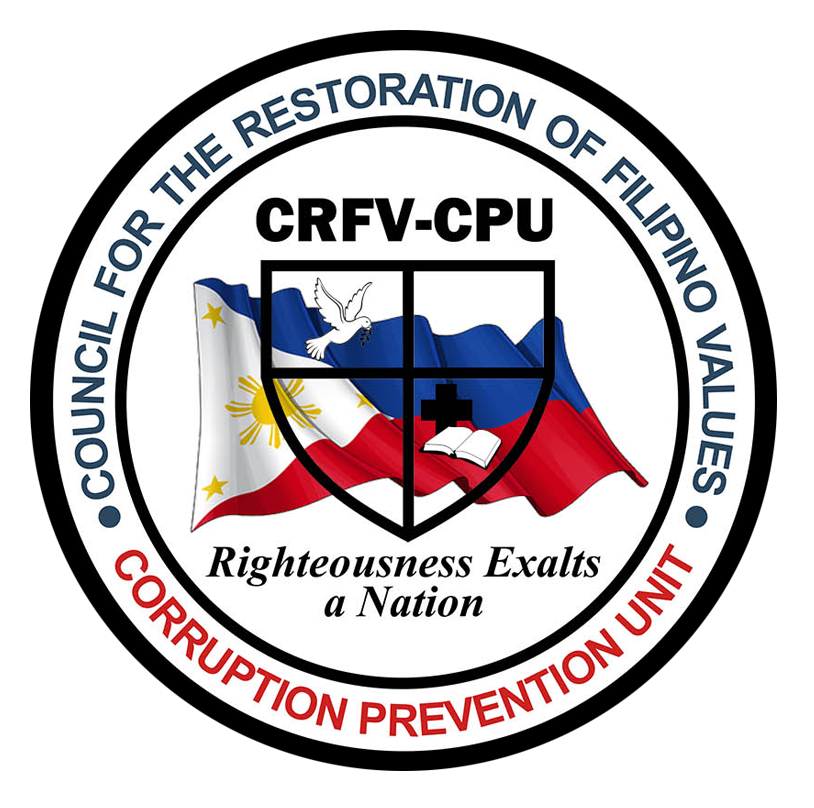|
by: Carol Donaal “That my soul may sing praise to You and not be silent. O Lord my God, I will give thanks to You forever.”
Praise is usually an act of declaring the wonderful works of God. It is when we appreciate Him of what He has done and thank Him of His goodness. It is also a time when we make an expression of admiration and glorify Him of His indescribable nature. Worship, on the other hand, is when we render a deep reverence and honor to Him. It can be in any form like raising our hands, bowing down, or lying prostrate before Him. What matters most is our heart that is in awe of Him. In churches, they are normally taken as one in singing songs to God. Praise and worship, in its simplest form, can be done by a genuine act of thankfulness. When we get into a deep praise and worship, out of the overflow of our hearts, we are able to sing new songs because of the wonderful and awesome glory of our Creator. In deep admiration to Him as the object of our affection, we are able to lift our hands, shouting for joy, as we remember the goodness and faithfulness of God in our lives. As well, we willingly once again offer our lives as a pleasing sacrifice unto Him. Praise and worship, taken as one, is also an avenue to experience the presence of God. It starts with an act of surrender and acknowledgment that we need Him which will help us succeed in all our undertakings. While in the act of praise and worship, with divine illumination, we are able to make a personal assessment of ourselves. It becomes a moment of reflection and evaluation of what we have done and who we are that leads us to a deep conviction and repentance from all our sins. As others say, we become the God we worship. We become holy and better person. Praise and worship, thus, brings change or transformation of lives. In this joyous season of Christmas, it is best to celebrate His birth by praising and worshiping Him. When He was born, the angels sang “Gloria in Excelsis Deo” (Glory to God in the highest). We, too, should also do the same in this season of Christmas for there are a lot of reasons for us to exalt Him. We thank God of all that He has done this year 2022. We adore Him for His faithfulness. We are able to surpass the pandemic and remain alive to this day. We are still surviving notwithstanding the disasters and calamities that our nation has gone through. Our situation in the Philippines is still much better compared to the refugees of war though we may have been affected with price increase of commodities due to oil price hike. We should therefore praise and worship God and enjoin others to do the same.
1 Comment
by: Atty Carolina Lim-Gamban 2022 is ending soon and it is always healthy to look back, count your blessings – tangible or non-tangible, and give thanks to the Almighty God.
The past years had been full of unexpected events that pressed and pushed us down. Numerous things happened as repercussions of the pandemic, international conflicts, and disasters. In retrospect, we can just take a deep breath and say, “Thank God, we are still alive.” Thank God we are still living while others had gone ahead because of Covid-19, debilitating diseases, accidents, wars and conflicts between nations, and the ill-effects of climate change. Thank God that we have something to eat on the table, and there is still enough for tomorrow. Thank God that we have shelter and clothing. Thank God that we have family or friends who are there to support us in times of loses and victories. Being thankful is a character that must be innate if we want to live a peaceful and joy-filled life. Cicero, one of the Roman Philosophers said, “Gratitude is not only the greatest of virtues, but the parent of all the others.” Although these were not fully expounded, we can interpret his words saying that gratitude is the greatest virtue and all other virtues emanate from gratitude. When we are filled with thankfulness, our words, actions, and deeds are also pleasant, as it is said, out of the abundance of our hearts, the mouth speaks. When our hearts are filled with thankfulness, we are also filled with gladness that translates how we do, how we act, or how we say. Having a heart filled with gratitude will not make any room for anger, hatred, or other negative vibes. Instead, it encourages love, hope, peace, and joy. People with grateful hearts feel happier and more content, according to Madhuleena Roy Chowdhury. In her article entitled, A sincere “thank you” can help soothe one’s heart. It brings encouragement to the recipient and satisfaction to the giver. It helps in maintaining good relationship with others since we communicate better. Being thankful brings positive emotions and therefore can also impact our health. Saying “thank you,” expressing our gratitude in other ways, and receiving expressions of gratitude increases the release of dopamine and serotonin which makes us feel ‘good,’ according to the same article. So with all these, why not be filled and abound in thanksgiving? There are long-listed benefits of thankfulness and gratitude. How about you? Have you something to share about what it can do to you or what it has done to you? As the year ends, explore and validate its benefits by giving someone in your sphere of influence a sincere, “Thank you” and experience the benefits mentioned. Consider and recollect also what great things God has done for you this year and the previous years, and utter your sincerest thanks. “Give thanks in all circumstances; for this is the will of God in Christ Jesus for you." Let us be reminded in the next year ahead not to be anxious about anything, but in everything by prayer and supplication with thanksgiving, let our requests be made known to God. Be amazed of what thankfulness and gratefulness to God and fellowmen can do to you. by: Ame-Phil O. Saquiban As the year draws to a close, it is a good time to reflect on how well we have used our words. Can we recall situations where our words enlightened, encouraged and edified others? Were there instances where our responses damped a joyous atmosphere, stirred up fear and worry, altered the flow of discussion, placed others in an uncomfortable or disadvantaged position, or even shaken our relationship with family members, friends and colleagues? Were there moments, too, where we felt disturbed, worried, uncertain, or even regretted after uttering words that could have been rephrased or exercised with due restraint? Surely each of us has varied experiences and different stories to tell. Much more when we feel so convicted with Saint Paul’s admonition about “not letting unwholesome words ever come out of your mouth, but only such speech as is good for building up others, according to the need and the occasion, so that it will be a blessing to those who hear”.
In various contexts, imagine the positive influence, inspiration and impact we make when words used are apt and on point. However, when careless, loose, or foul words are used, it could ruin relationships, leave others wounded, change the course of the team discussion, and a lot more could go awry. Indeed, “life and death are in the power of the tongue” (Proverbs). This shows that each of us has the power to choose to release or declare life or death. While it is true that we can no longer take back our words once uttered, we can still choose to take responsibility of what we have said especially those moments when a gentle answer would have been more appropriate, a non-judgmental remark would have been more acceptable, and an encouraging comment would have shown more care and sensitivity. Taking responsibility for our words is non-negotiable for a person who has the resolve to walk with integrity, which is defined as “consistently adhering to moral and ethical principles” (CSC-CSI). When we have fallen short several times of using our tongue to speak life this year, it is not too late yet. We can still take responsibility for our words. Through an honest time of reflection coupled with humility, we can acknowledge our lapses and work it out with the concerned individuals or groups. By doing so, we walk our talk and we go back to the place of wholeness. As we strive to be men and women with integrity, taking responsibility for what we say and even how we say it does matter. by: Dr. Laurence C. Mascay Unity and fellowship among teammates, workmates, and colleagues are essential in attaining goals and purpose. Unity is being one or united in heart and deeds as a team or group in the pursuit of achieving a vision, and fellowship is good camaraderie among the team members for healthy, happy, and harmonious working relationships that result in the attainment of such vision. Unity and fellowship are inseparable and indispensable in the family, workplace, and any field for the attainment of success, vision, and growth.
Unnumbered misunderstandings, disagreements, and conflicts happen, time and again, due to disunity and dis-fellowship. Also, because of the personal goals and selfish interests of others that are different and detrimental to what their office or organization hopes for. The 28th president of the United States, Woodrow Wilson, reminds such people that “We cannot be separated in interest or divided in purpose. We stand together until the end.” The Scripture says, “Aim for perfect harmony, encourage one another, be of one mind, live in peace. And the God of love and peace will be with you. Greet one another.” We cannot expect that our colleagues will subscribe to the above persuasion. But we can decide and strive to live by it and be one of the few individuals who does what he/she says. Therefore, we can make a difference! We can be a catalyst for positive change in our place. As often said, “You must be the change you wish to see in the world,” in your family and the workplace. In our work and service, there are greater causes wherein we play important roles and necessitates us to be united with our colleagues. One is the achievement of our mandates as servant heroes. Another is our country’s national motto: Maka-Diyos, Maka-Tao, Makakalikasan, Makabansa. Such is a guiding and uniting principle we ought to live by as civil servants for better public service toward a better Philippines. Furthermore, as Values Restoration Officers, we look forward to “A community marked with a character of an honest and righteous environment geared towards a graft-free society.” Consequently, we have to be united fellows for these causes by embodying unity and fellowship as a way of life and service. |
CRFV Winning TeamA company of men and women who have committed their lives to the cause of national transformation. Archives
July 2024
Categories
All
|
Our Services |
Our Organization |
SupportSupport Page
FAQ Terms of Use |
Copyright © 2015 | Baguio City, Philippines 2000 | 074-424-1497 | [email protected]

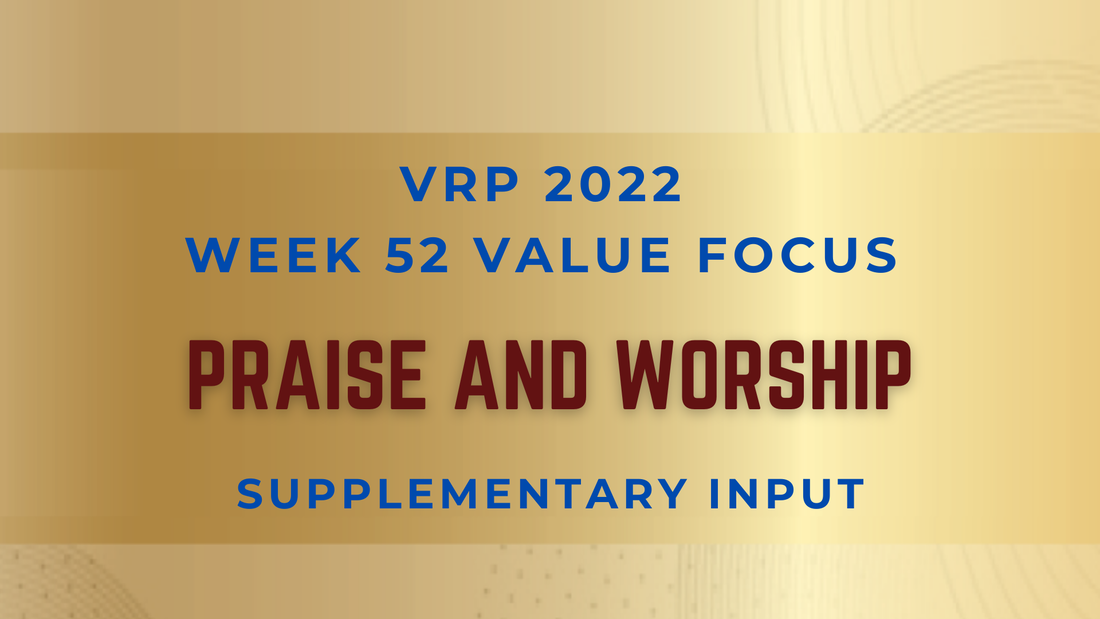
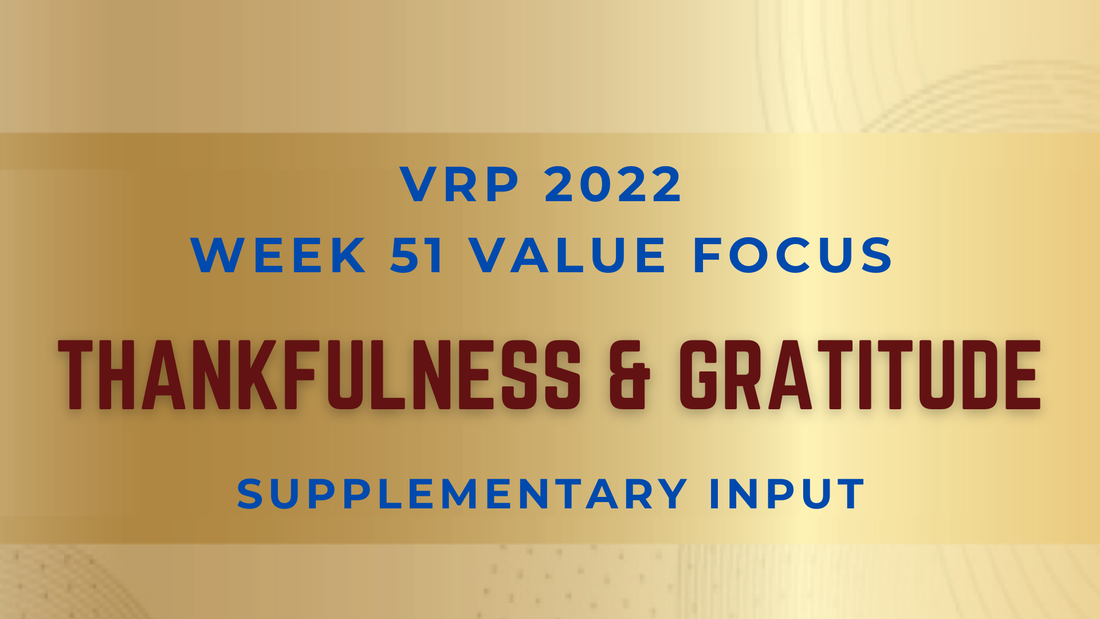
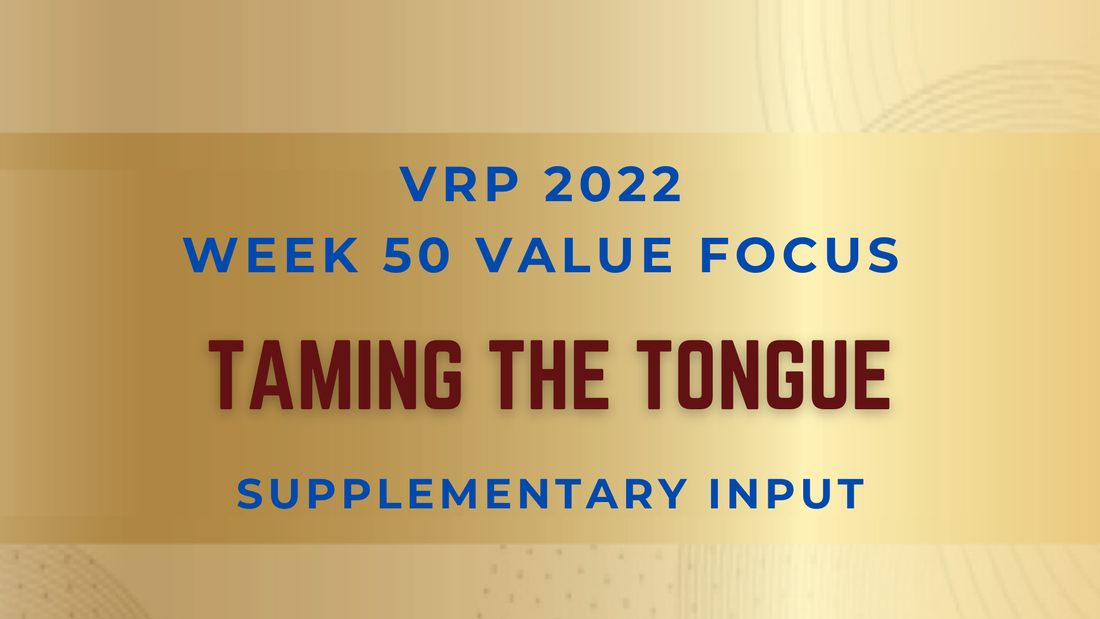
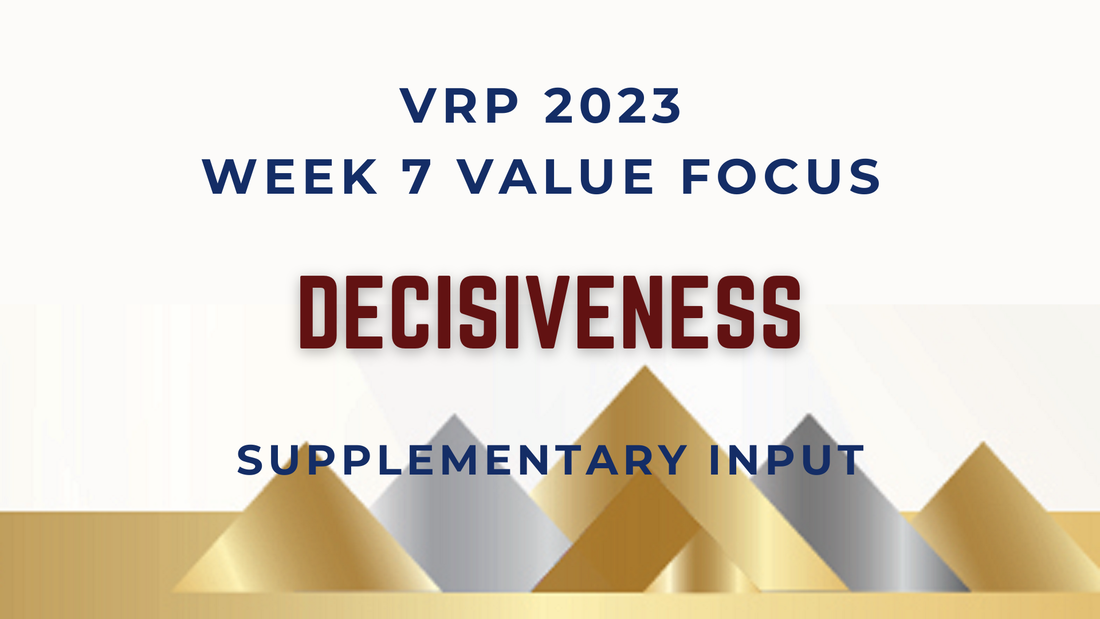
 RSS Feed
RSS Feed
